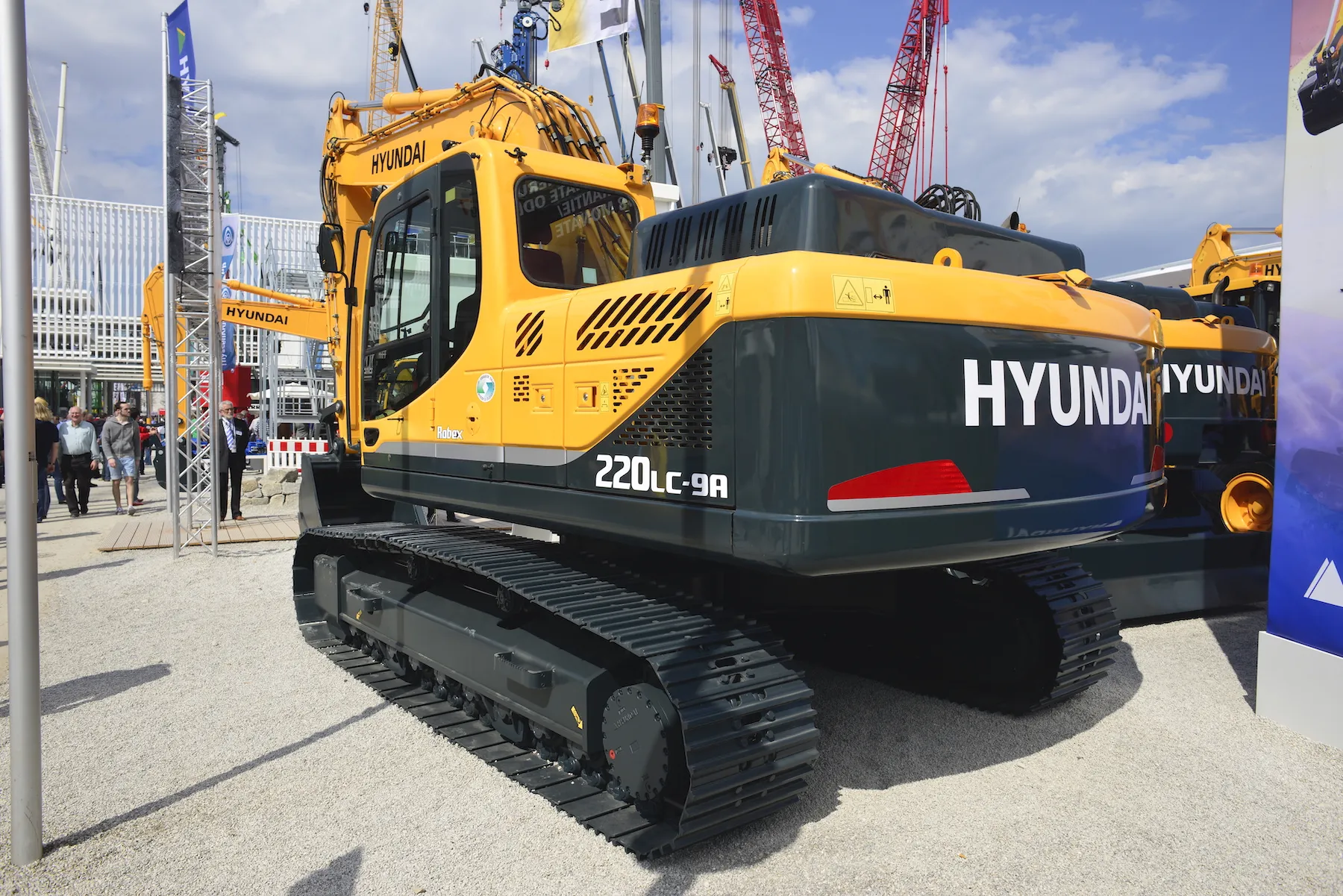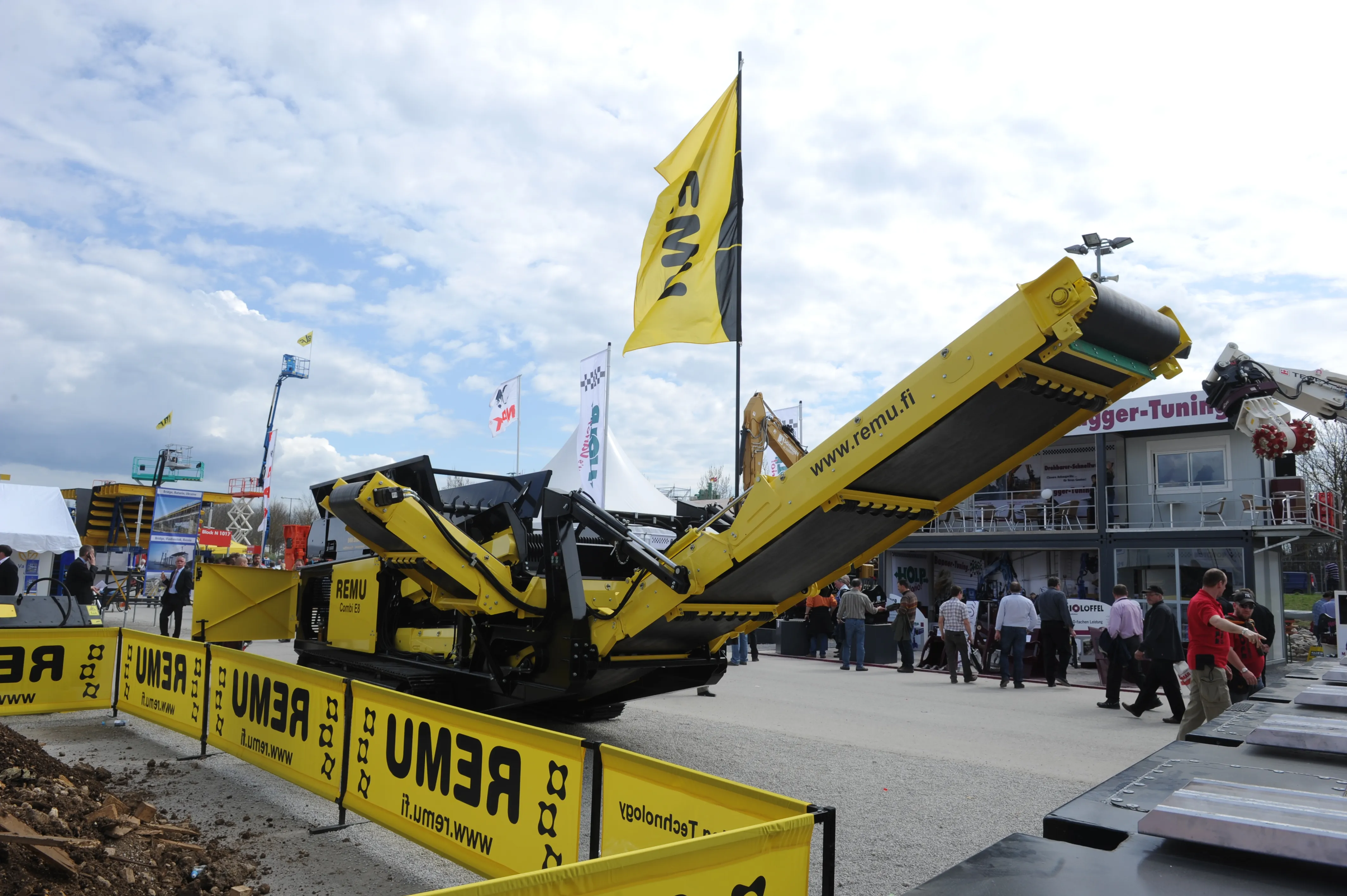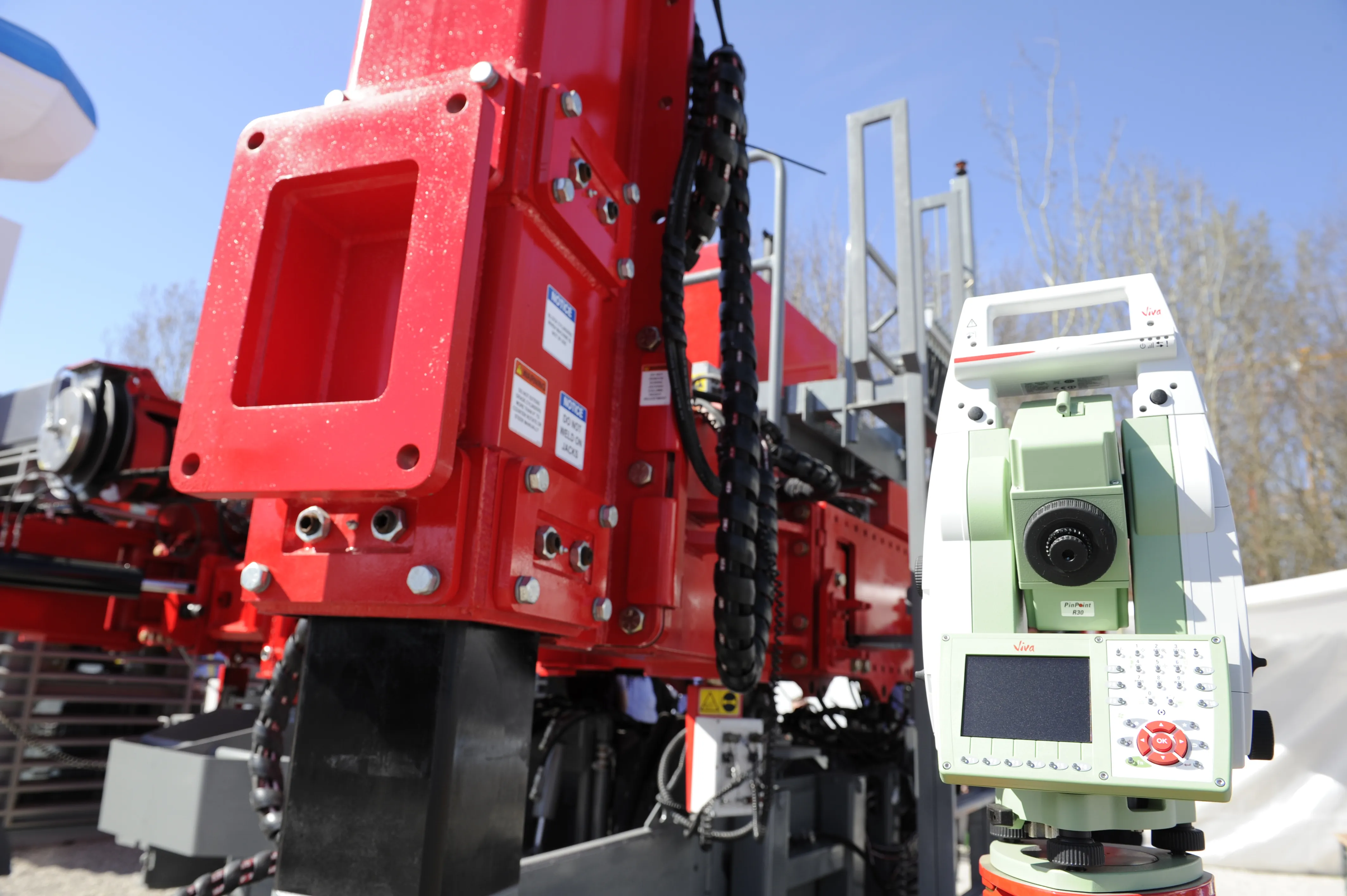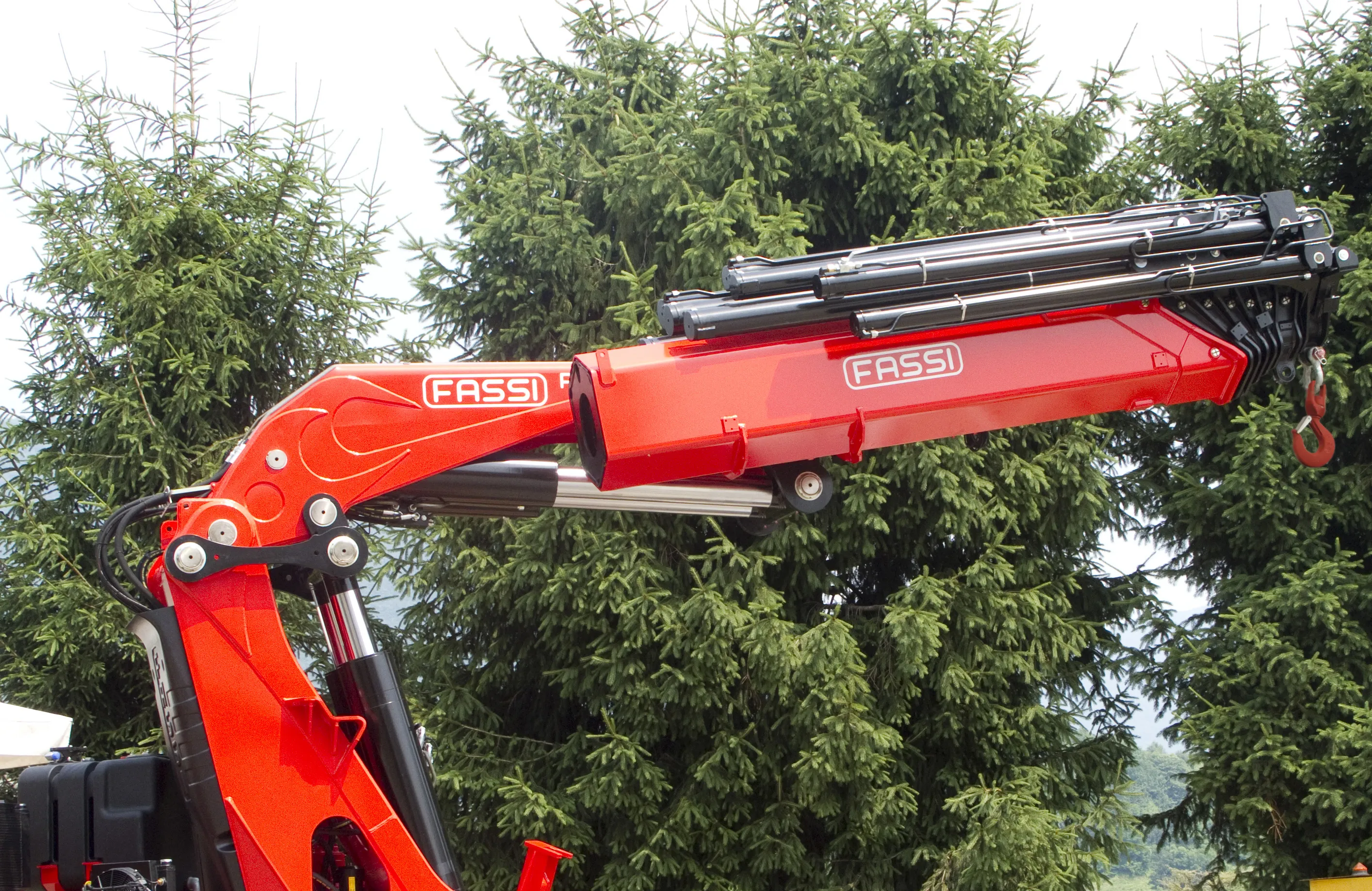An Australian government agency has awarded around US$350,000 to two companies to investigate the production of bitumen and diesel from wood waste.
If successful, Australia’s state of New South Wales could become home to the world’s first biorefinery turning sawmill residues into renewable bitumen and diesel, according to ARENA - the Australian Renewable Energy Agency.
Under the $842,000 million study,
If the study is successful, ARENA said the proposed biorefinery could cost around $35 million to build. But it could convert up to 50,000tonnes of waste sawmill residue produced each year into transport-grade renewable diesel and bitumen.
The sawmill residue – which includes sawdust, remnant woodchips, shavings and offcuts – is currently used for lower value products and processes such as landscaping and boiler fuel.
The study will consider a low-temperature and pressure mechanical catalytic conversion technology developed by Spanish-based Global Ecofuel Solutions. The process breaks down long chain hydrocarbon molecules into shorter chain liquid hydrocarbon products such as bitumen, avgas and diesel. The process has yet to be developed into a full-production facility, explained Ivor Frischknecht, chief executive of ARENA.
“The transport sector is a significant user of energy in Australia, with liquid fuels a key long term energy source for heavy-vehicle road and air transport since they cannot readily be electrified,” he said. “Bioenergy comprises a growing proportion of Australia’s energy mix and this new technology could see residue from the production process be used to reduce Boral’s reliance on diesel and bitumen derived from fossil fuels.”
Wayne Manners, Boral’s executive general manager for building products, said that if the feasibility study was successful, the transport-grade renewable diesel produced at the potential new biorefinery could eventually account for up to 15% of Boral’s own annual diesel needs.
The project will also explore the potential government regulatory hurdles to developing biorefineries in rural New South Wales.
Boral Timber
%$Linker:
Arena
%$Linker:
Global Ecofuel Solutions
%$Linker:
Boral and Global Ecofuel enter the biofuel and bitumen arena
An Australian government agency has awarded around US$350,000 to two companies to investigate the production of bitumen and diesel from wood waste.
If successful, Australia’s state of New South Wales could become home to the world’s first biorefinery turning sawmill residues into renewable bitumen and diesel, according to ARENA - the Australian Renewable Energy Agency.
Under the $842,000 million study, Boral Timber, a major supplier of hardwood and softwood in Australia, will explore the technical and
May 9, 2019
Read time: 2 mins









